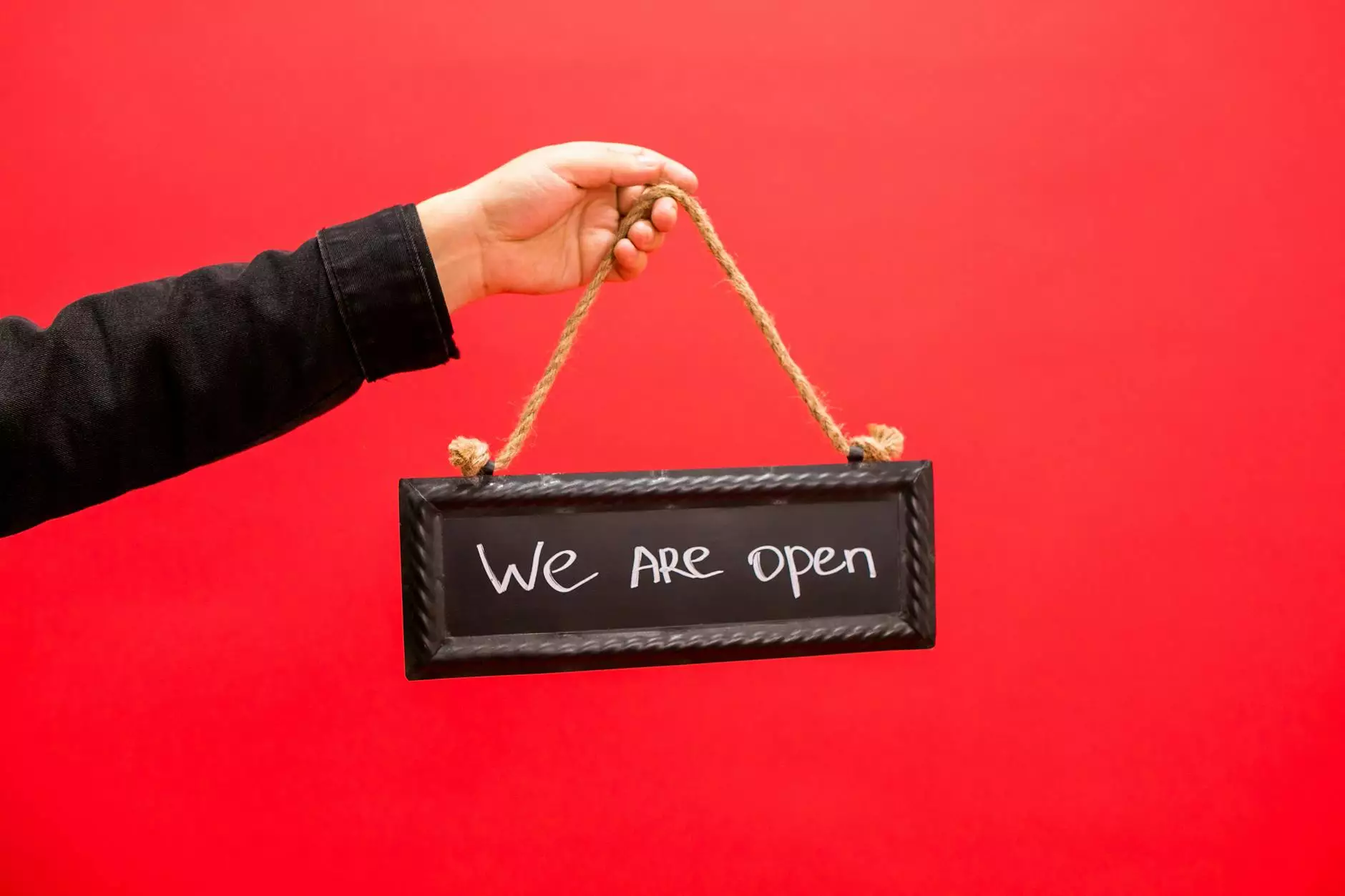Understanding False Documentation: A Comprehensive Overview

False documentation refers to any documents that are created to misrepresent the truth or to act as a substitute for legitimate paperwork. This guide delves into the intricacies of false documentation, particularly focusing on its business implications, legal considerations, and the market for fake documents.
1. What is False Documentation?
False documentation encompasses a wide range of materials that may be fabricated or altered in order to deceive. These can include fake ID cards, falsified business licenses, fake educational degrees, and more. While some individuals might seek such documents for non-malicious reasons, others may aim to commit fraud, leading to serious legal repercussions.
2. The Business of Fake Documents
The market for fake documents has grown significantly as various industries increasingly rely on documentation to verify identity, ownership, and eligibility. Below are some key areas where fake documents are prominently used:
- Identity Verification: Many people resort to fake identification due to issues like age restrictions or poor credit history.
- Academic Credentials: Some individuals create false educational qualifications in hopes of landing better job opportunities.
- Business Operations: Fake business documents can be used to obtain loans or contracts illegitimately.
3. Legal Implications of False Documentation
Engaging in the creation or use of false documentation can lead to grave legal consequences. Here are some legal issues to consider:
3.1. Fraudulent Representation
Using false documents to mislead people or institutions is considered fraud and can result in criminal charges, including fines and imprisonment.
3.2. Civil Lawsuits
Victims of fraud may pursue civil lawsuits against individuals or entities that provide or utilize false documentation. This can lead to significant financial penalties.
3.3. Professional Licensure Risks
Professionals caught using false credentials can lose their licenses and have their professional reputation permanently damaged.
4. Ethical Considerations of Using Fake Legal Documents
While some may argue that the use of false documentation has practical benefits, it raises serious ethical questions. Businesses thrive on trust and integrity, and reliance on fake legal documents can severely undermine these foundational principles.
4.1. Reputational Damage
Involving false documents in business can tarnish a company's reputation. Trust is critical in client relationships; once broken, it is incredibly challenging to rebuild.
4.2. Long-Term Sustainability
Companies that depend on dishonesty for short-term gains may face long-term failure. Ethical business practices promote sustainability and drive loyalty from customers.
5. Navigating the Gray Area
While the landscape of false documentation is largely negative, some scenarios may allow for its use in less harmful ways. It's essential to differentiate between malicious intent and benign uses.
5.1. Creative Endeavors
In certain creative contexts—like filmmaking or theater—fake documents can enhance storytelling and set design without legal complications.
5.2. Identity Protection
Some people may create alternate identity documents for safety and privacy reasons, especially in contexts of abuse, stalking, or harassment.
6. Alternatives to False Documentation
Instead of resorting to false documents, there are legal and ethical alternatives that individuals and businesses can pursue:
- Identity Protection Services: Utilizing professional services that offer legitimate support for identity protection.
- Document Verification Services: Consulting with legal firms or agencies that can provide assistance in authenticating documents.
- Skill Development: Pursuing further education or training to gain legitimate qualifications rather than fabricating them.
7. The Future of False Documentation
The false documentation landscape is continuously evolving with advancements in technology. However, so are the tools employed by law enforcement and verification agencies to combat such practices.
7.1. Technological Advances
As the creation of fake documents becomes easier with technology, so does the ability to detect them. Machine learning and AI-driven systems are integrating into verification processes to enhance the security of genuine documentation.
7.2. Legislative Measures
Governments are increasingly passing laws and regulations to tighten the loopholes that allow the circulation of false documentation. Staying compliant with legal standards is more crucial than ever for businesses.
8. Conclusion
In conclusion, while false documentation might present short-term advantages, the risks associated with its use far outweigh the benefits. Businesses should strive for authenticity and seek legitimate means of documentation. By prioritizing ethical practices and understanding the negative implications of false documentation, organizations can foster trust, enhance their reputation, and ultimately ensure long-term success.
For more information and support on navigating this complex topic, visit buyauthenticdocument.com, where you can find resources and insights to help your business stay on the right track.









